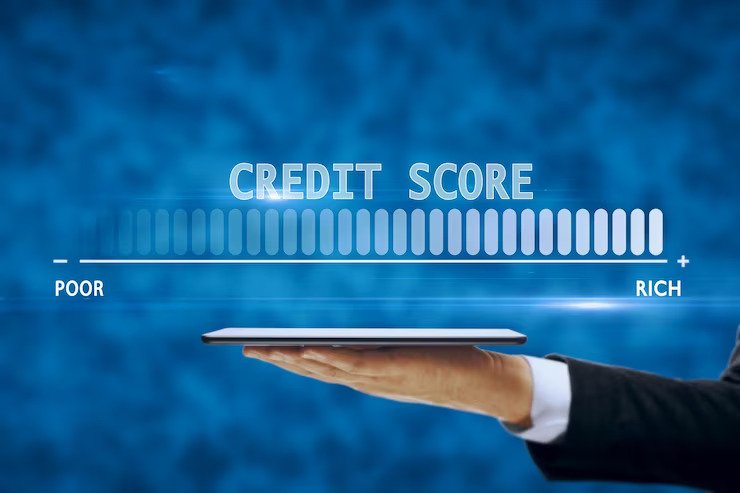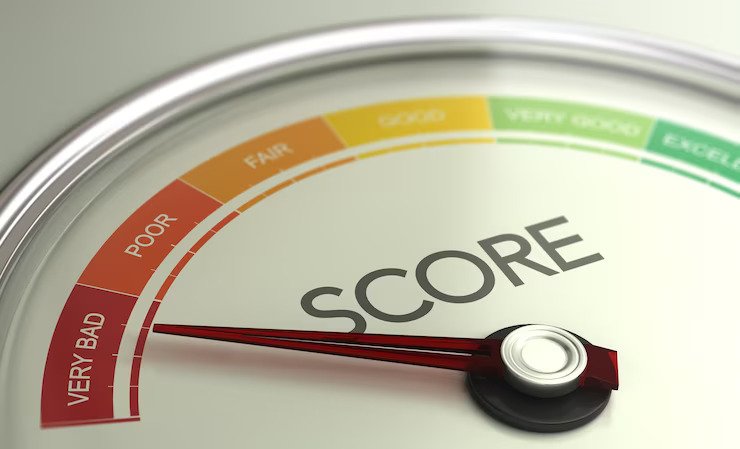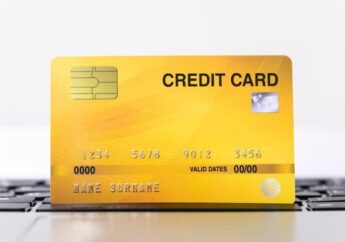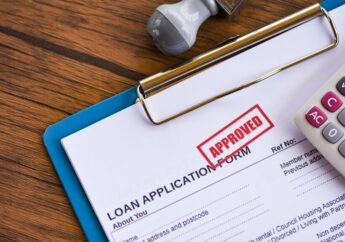Top 6 Rules To Improve Your Bad CIBIL Score
by Arnab Dey Loans & Credit Published on: 13 July 2023 Last Updated on: 30 August 2023

You must be familiar with the term CIBIL score, if you have applied for or availed of credit products, such as loans and credit cards.
Usually, people tend to develop a preconceived notion that a low or poor credit score does not allow them to get loans or credit cards from banks or NBFCs. However, a bad or poor CIBIL score does not always mean that your credit application shall be rejected. It mainly signifies that your bad CIBIL score may become a major hindrance in your loan or credit card approval.
CIBIL score improves gradually, as it is not an overnight process. It usually requires at least 3-4 months to reflect any change from the Credit Information Companies (CICs) or credit bureaus.
To maintain a healthy credit score you need to regularly check your credit score for free to look for any errors and report them at the earliest to avoid any further dip in your credit score. Now let us make you more familiar with the six best measures to improve your bad CIBIL score that shall further help you in availing of loans and credit cards at low-interest rates with added benefits.
Top 6 Rules to Improve Your Bad CIBIL Score

1 – Pay your bills on time
Timely and full payments of your loan EMI and credit card bills play a significant role in the improvement of your credit score. It portrays you as a credit-responsible borrower which further enhances the lender’s confidence in offering you credit products. Avoid any late payments to maintain a decent credit score, as it hampers your creditworthiness and repayment ability.
2 – Monitor your CIBIL report regularly
To improve your CIBIL score you need to check and monitor your CIBIL report regularly to look for errors and raise disputes at the earliest with TransUnion CIBIL by filling out an online dispute resolution form at CIBIL’s official website. Some common errors that need to be checked and rectified include incorrect personal or account information, faulty or misleading information, duplicate accounts, mismatched overdue amounts, and wrong Days Past Due (DPD) or collateral/security details, if any.
3 – Lower your Credit Utilization
Try to maintain your credit card balances as low as possible preferably under 30% of your total credit limit. To avoid any dip in your credit score, pay off all your credit account balances before the due date. Your credit score is negatively impacted, if you keep on increasing your credit card expenditure without paying the dues in time. This eventually leads to a higher credit utilization ratio resulting in a low credit score.
4 – Avoid applying for multiple credit products in a short span
Applying for multiple credit products at the same time or in a short span of time can wave a red flag for lenders and they shall reject your loan application considering your credit-hungry behavior. It shall signify that you are highly dependent on credit and you might not be able to pay the loan EMIs or credit card dues in time due to insufficient funds. Simultaneous credit applications or in short duration shall be avoided. Apply for a single credit product at a time and try paying the EMIs successfully to improve your CIBIL score.
5 – Maintain a healthy credit mix and opt for a longer repayment tenure
Try maintaining a healthy mix of unsecured and secured loans like home loans, car loans, personal loans, credit cards, etc. in your credit portfolio. Availing a personal loan does not affect your CIBIL score unless you default on your loan EMIs. It even does not make you a high-risk customer unless your default again. You just need to maintain a good credit mix that signifies that you are handling credit products responsibly. In addition, you must opt for longer repayment tenure while applying for a loan, as longer credit history helps in the gradual increase in your CIBIL score.
6. Start generating credit history to build your CIBIL score
If you have not applied for any credit facility then start availing at least one of them to build your credit history. Many individuals who are New to Credit or with No credit history and want to build and improve their CIBIL score can avail of credit cards, which is the easiest way of generating credit history. Apply for a secured credit card that is a credit card against fixed deposit, if you do not have any credit history.
Conclusion:
Maintaining a good CIBIL score is crucial for your financial health. As it does not improve overnight, it requires your consistent effort, patience, and persistence to improve it gradually.
Increasing your CIBIL score is an uphill task and can be achieved by being disciplined with your credit card and loan repayments, also you should monitor your CIBIL report for errors and resolve the issue, if any, by raising a dispute online at TransUnion CIBIL’s official website. Besides this, you can follow the above-discussed measures to see a rise in your CIBIL score.
Read Also:







































































































